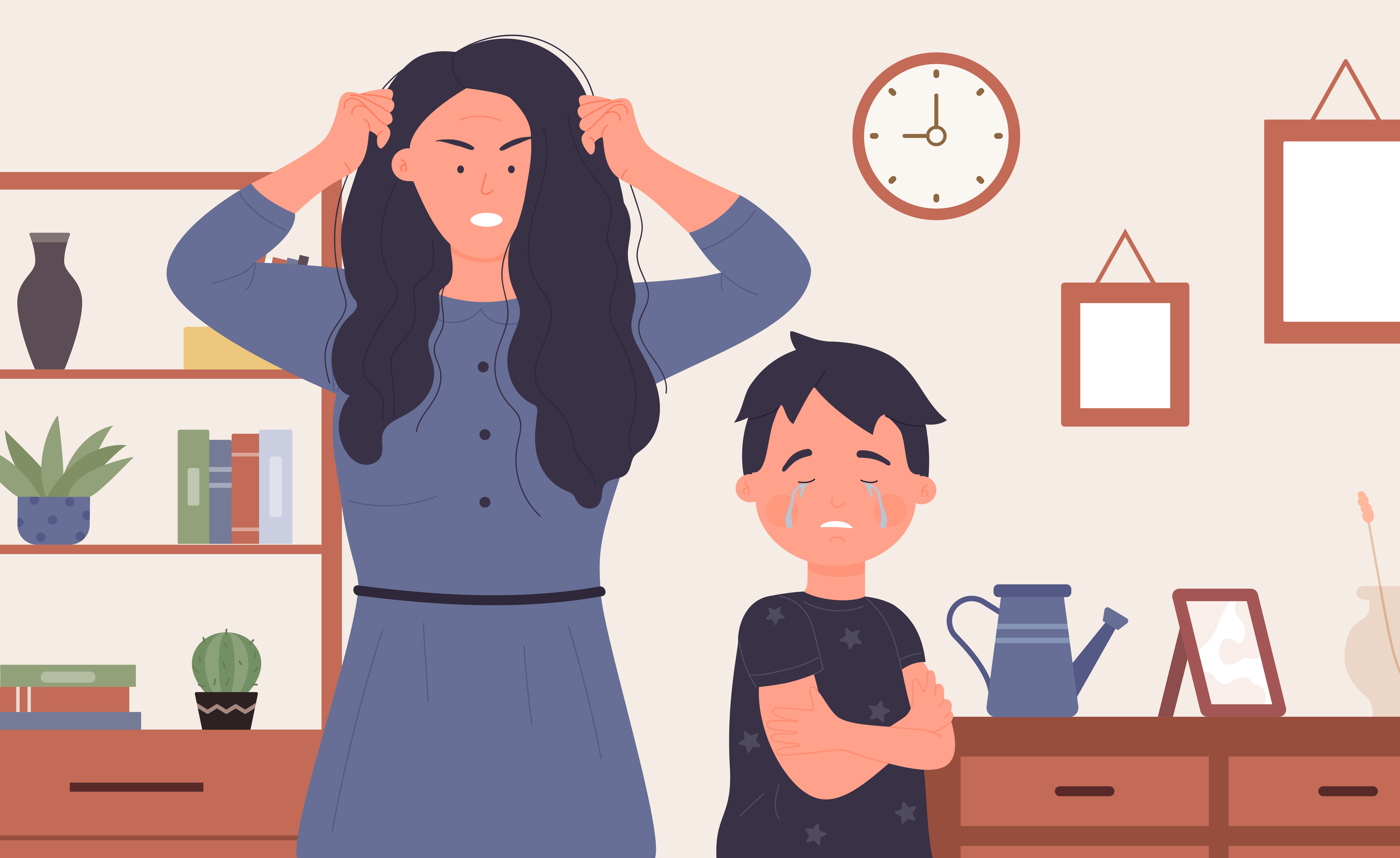Early Intervention in Mental Health is Essential says NIMH Clinician: Research Studies & Novel Treatments in Youth Irritability Show Promise
Early Intervention in Mental Health is Essential says NIMH Clinician: Research Studies & Novel Treatments in Youth Irritability Show Promise

The growing mental health crisis is indisputably affecting our youth. From the U.S. President to the Surgeon General to the nation’s pediatricians, psychologists and psychiatrists, mental health, and in particular child, adolescent, and teen mental wellbeing, has been on the minds of many, and remains a top public health challenge. In fact, the pediatric mental health crisis has been called the “top patient safety threat” of 2023, according to ECRI’s annual list of patient safety concerns.
With rates of anxiety and depression still on the rise, it’s important to note that for many adults with mental health disorders today, symptoms were probably present in childhood and adolescence. The National Institute of Mental Health (NIMH) says that symptoms for many may not have been recognized or addressed at the time and stresses the importance of early treatment.
It’s also important to understand that symptoms for a child are not always the same as they are for an adult with a mental health disorder. NIMH’s Chief of Neuroscience and Novel Therapeutics, Melissa Brotman, PhD, spoke with ADAA about her work with children and treating youth with mental health issues as early as possible.
Engage the Child / Work with the Whole System
Dr. Brotman, a clinician and researcher at NIMH (@MelissaBrotman) applies her expertise to studies of children. She believes her work as a clinical researcher is essential but interaction and engagement with children and families informs the research questions and guidelines for the treatments she develops.
“When I first started my CBT intervention for kids with irritability, even before I started using it,” she told ADAA, “I met with kids to tell them my idea and asked if they wanted to do this and why or why not.”
Like a lot of mental health clinicians and psychiatrists, Dr. Brotman focuses on what is impacting the child’s functioning the most. While a child can have various symptoms or more than one diagnosis, the presenting problem is what brings these kids to her offices at NIMH.
“There is a bit of an art to the science of practice,” she said, “I first ask the child and the parent or guardian what they see as the primary problem, and it’s not to be mutually exclusive of anxiety or ADHD or irritability, but what is the most prominent presenting problem right now?”
For Dr. Brotman and the work she is currently doing, that presenting problem is severe irritability, which in some children can be indicative of a more serious mental health disorder such as depression or an anxiety disorder later in life.
Anger, Irritability and Fear, Oh Dear
Important warning signs that NIMH lists for parents who might be concerned about the mental health of their children include:
- Intense irritability much of the time
- Gets easily frustrated
- Frequent and/or prolonged tantrums not appropriate for their age
- Has difficulties at home, at school and/or with peers due to irritability or anger
In her work with children, Dr. Brotman’s research and clinical practice help guide the development of novel and focused interventions. Reflecting on her main targeted treatment today, she explains how it developed in an interesting way.
“I thought very deeply about the relationship between fear and anger and I began to wonder if anger and fear aren’t two sides of the same coin,” she said. “Both are reactions to something that may be threatening and have a time course where an event, stimuli, or interaction leads to an emotional response that reaches a peak and then eventually comes down. Both anger and fear, or anxiety, include a state of increased arousal, an intense emotional reaction, and bad or negative feelings.”
Thinking about the effectiveness of exposure therapy for treating anxiety made Dr. Brotman wonder if exposure to anger-inducing events could lead to a decrease in anger and irritability over time in youth with those behavior patterns.
For the past five years or so, Dr. Brotman and her team have been using what she calls “a sort of anger exposure” with youth who have chronic and severe irritability and temper outbursts. With this specific exposure-based treatment, Dr. Brotman has had results with over 50 children so far, seeing a reduction in their rage, building skills, and utilizing techniques both in and outside of therapy.
Fold Laundry, Play on a Device, Get Angry
As a parent you don’t want your child to get angry or be irritable but in the NIMH space where Dr. Brotman and her team conduct their work, it’s what they do. They make the kids angry.
Dr. Brotman lets them know that they are purposely going to do things or make the kids do things that will make them angry. One child would have severe outbursts and react irrationally when told to fold the laundry or do some other household chore. So they brought in a hamper of clean laundry for her to fold.
“This way, in a clinic, we observe and see what it feels like for them, practice over and over, rate their mood levels, and steadily build skills so they have this toolbox of skills to use,” Dr. Brotman explained.
Another exposure involved children who would fly into rages when a parent or caregiver asked them to stop playing on a device. At first, Dr. Brotman pointed out, they practiced just stopping the game again and again, rating their mood, and observing the reactions. Eventually the clinician asked the child to not just stop the game but to switch to a less-preferred activity like math homework or brushing teeth.
Eliciting anger and temper outbursts in a controlled environment can help build those mental muscles to be able to regulate over and over, she says. Often the exposures occur with the parents in the room, she adds, because parents need to know how to react and regulate their own emotions and responses.
“We borrow a lot from parent management training and skills, having them practice a command and then actively ignore non dangerous irritable behavior as opposed to reinforcing it,” she said.
Early Intervention, Making an Impact & Cracking the Ice
It can be very difficult sometimes for parents of children with mental health disorders to see the light at the end of the tunnel, but early intervention is crucial, says Dr. Brotman. While these illnesses can be lifelong, there are treatments such as:
- Behavioral interventions
- Psychotherapy, including CBT, play therapy, and other forms of talk therapy for youth
- Medication prescribed by a child and adolescent psychiatrist
“If we intervene early enough and catch behaviors, thoughts, and emotions before they are really entrenched for years, we can have an impact,” Dr Brotman told ADAA. While the steps may seem small for many years, the overall trajectory for children who receive early treatment is encouraging.
“We know that symptoms change when someone goes through psychotherapy, and if you’re concerned as a parent about your child, reach out, talk to your pediatrician,” suggests Dr. Brotman. With swift and effective intervention early in the child’s life, she says, “we are at the tip of the iceberg in what we can do to continue to help these children.”

















